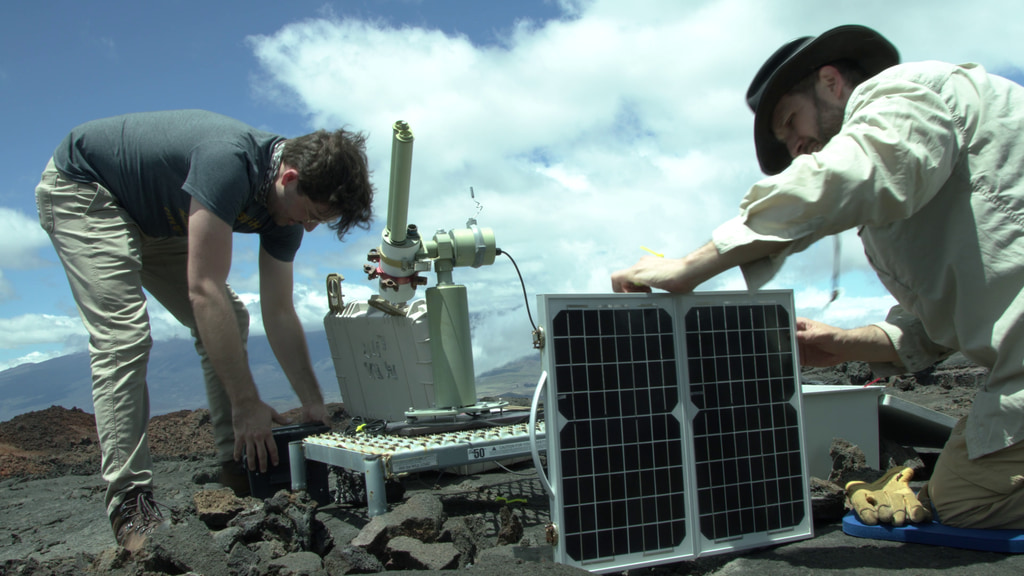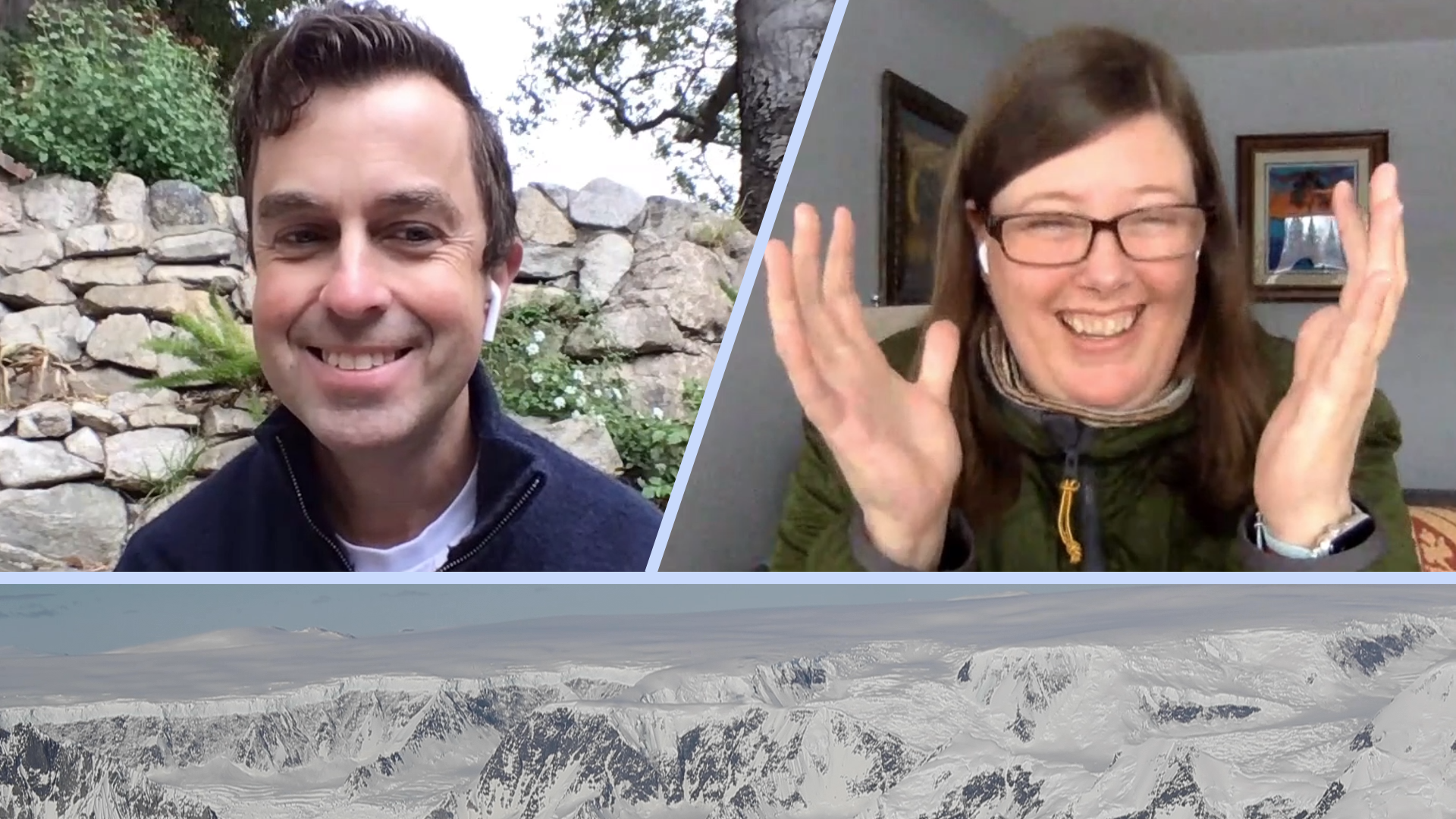88-South Antarctic Traverse: Year Two
Music: "Watching Evolution," "Formulas and Equations," Killer Tracks Music
Complete transcript available.
For the second straight year, NASA researchers endured low temperatures, biting winds, and high altitude to conduct another 88-South Traverse. The 470-mile expedition in one of the most barren landscapes on Earth provides the best means of assessment of the accuracy of data collected from space by the Ice Cloud and land Elevation Satellite-2 (ICESat-2). The researchers drove tracked vehicles called PistenBullys, which were instrumented with GPS to collect highly precise elevation data along 88-degrees South, where ICESat-2’s orbits converge. These data were then used to make direct comparisons with ICESat-2 elevation data. With a fast-firing laser instrument, ICESat-2 measures the elevation of ice sheets and tracks how much they change over time. Even small amounts of melt across areas as vast as Greenland or Antarctica can result in large amounts of meltwater contributing to sea level rise. To help document this, ICESat-2's height change measurements will have a precision of less than an inch – ground-truthed, in part, with efforts like this Antarctic campaign. The traverse was funded by NASA, but had substantial logistical support from the National Science Foundation Office of Polar Programs.
Music: "Late Night Drive," Killer Tracks Music
It's the second year for the 88-South Antarctic Traverse, designed to check the accuracy of the ICESat-2 satellite, and mechanic and PistenBully expert Matt Means joined the trek on the ice sheet.
B-roll selects from Year 2 of the 88-South Antarctic Traverse.
Videography courtesy of Kelly Brunt, Adam Greeley, Matthew Means and Chris Simmons.
Credits
Please give credit for this item to:
NASA's Goddard Space Flight Center
-
Producer
- Ryan Fitzgibbons (USRA)
-
Scientists
- Kelly Brunt (Earth System Science Interdisciplinary Center/University of Maryland)
- Adam Greeley (University of Maryland)
-
Videographers
- Kelly Brunt (Earth System Science Interdisciplinary Center/University of Maryland)
- Rob Andreoli (Advocates in Manpower Management, Inc.)
- John Caldwell (Advocates in Manpower Management, Inc.)
- Matthew Means (US Antarctic Program)
- Chris Simmons (US Antarctic Program)
-
Editor
- Ryan Fitzgibbons (USRA)
Release date
This page was originally published on Tuesday, May 28, 2019.
This page was last updated on Wednesday, May 3, 2023 at 1:45 PM EDT.


![NASA cryospheric scientist Kelly Brunt and ICESat-2 Deputy Project Scientist Tom Neumann recall some of the highlights and challenges from the recent 88-South Antarctic Traverse.Music: "Lights," Alexius Tschallener [SUISA], Dominik Johnson [PRS]; "Vulnerable Moment," John Ashton Thomas [PRS]Complete transcript available.](/vis/a010000/a012900/a012905/12905_thumbstill_print.jpg)